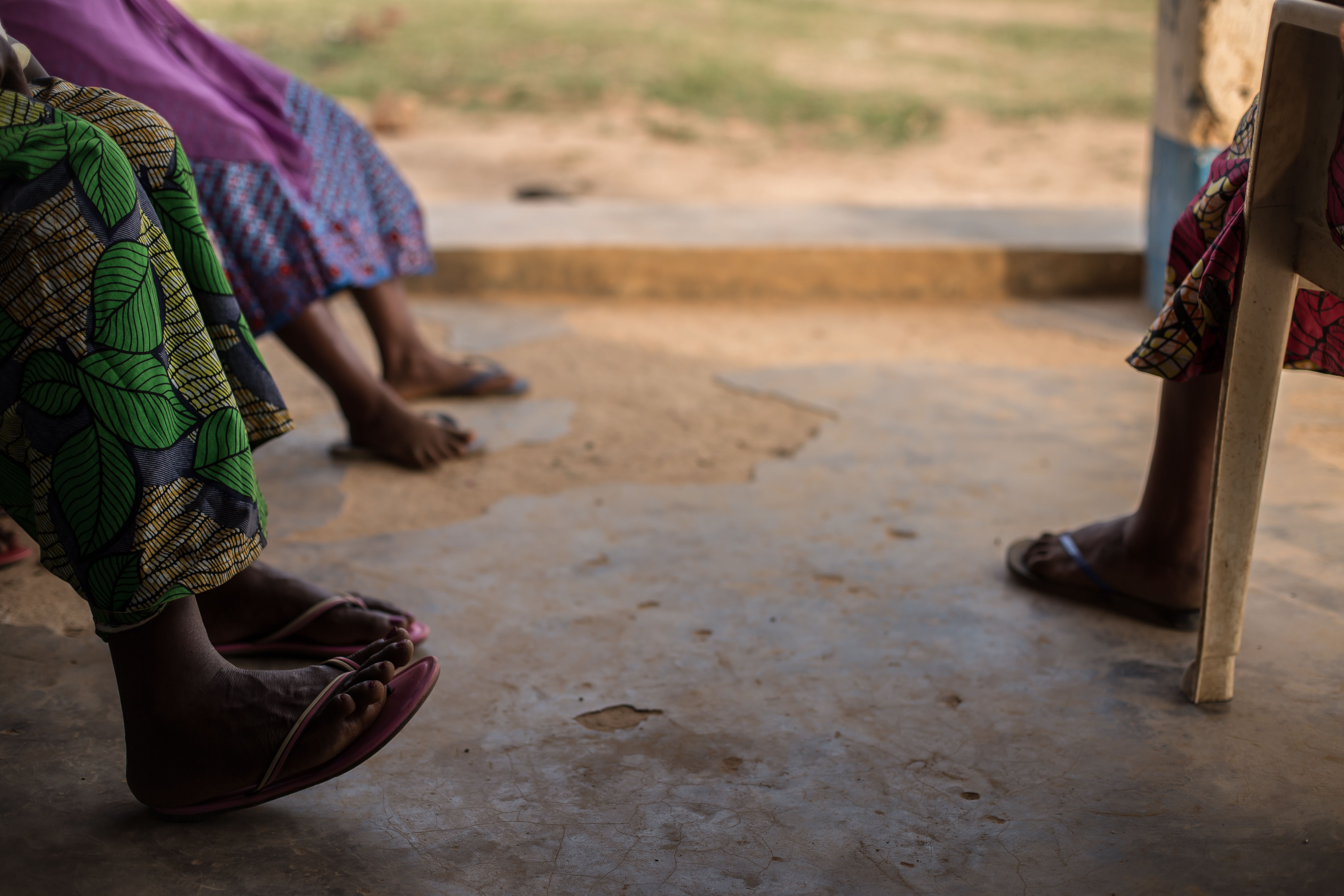DRC: MSF calls for urgent boost to support for survivors of sexual violence
Kinshasa / London: There is a lack of support for survivors of sexual violence in the Democratic Republic of Congo (DRC), warns MSF in a new report. Given the magnitude of this violence and its impact, MSF is calling on the Congolese authorities and their partners to act now, in line with the medical, legal, socioeconomic and protection needs that our teams observe.
In 2020, nearly 11,000 survivors of sexual violence were assisted by MSF and Ministry of Health teams in six of the 26 provinces of the DRC, approximately 30 per day. The number is enormous, but it is only the tip of the iceberg.
A medical emergency
The emergency is above all a medical one. The data collected by MSF shows a worrying picture of the physical and psychological state of patients who come to health facilities, who face unwanted pregnancies, infections, physical injuries resulting from the violence and severe psychological trauma. This includes minors, who represented a fifth of patients treated by MSF in 2020.
"The extent of sexual violence in the DRC is recognized and denounced by many national and international actors," said Juliette Seguin, MSF head of mission in the DRC. “This condemnation is inadequately followed by concrete actions, whether in terms of prevention or people's protection. Needs are far from being met in the places where we work.”
The “Sentenced Twice” report highlights shortcomings in care for survivors observed daily: inadequate provision of training for medical staff and insufficient provision of medical supplies; low levels of information for communities and patients on the medical and psychosocial care system; and significant gaps in socioeconomic and legal support.
Economic and social impact
The consultations carried out by MSF reveal the extent of the economic and social impact for survivors, many of whom are stigmatised and/or rejected by their communities and cannot access reintegration programmes.
"The immediate and long-term needs are significant but the funding that would allow them to be met is severely lacking," said Seguin. “Last year, for the DRC, less than 6% of international funding requested to respond to humanitarian health needs was disbursed, and 18% of the amount requested for the protection of populations and human rights. This trend continues in 2021. The resulting lack of support constitutes a double penalty for survivors.”
The MSF report therefore calls on the Congolese authorities, civil society, and their international partners to redouble their efforts to ensure holistic and good quality care for survivors of sexual violence – that is to say medical, psychological, socioeconomic, and legal support. These efforts must guarantee better access to urgent and long-term programmes, whether cases are linked to conflict or not, and whether the aggression took place in a conflict zone or in a zone considered ‘more stable.’
Notes to editors
The 'Sentenced Twice' report is available here.
In 2020, MSF teams provided care for 4,078 victims of sexual violence in North Kivu; 3,278 in Kasaï-Central; 1,722 in Maniema; 907 in South Kivu; 768 in Ituri, and 57 in Haut Katanga.
MSF teams carry out medical interventions in 21 provinces of the DRC, but provide medical and psychological care in six of them: Ituri, Kasaï-Central, North Kivu, South Kivu, and Maniema
.jpg)
.jpg)